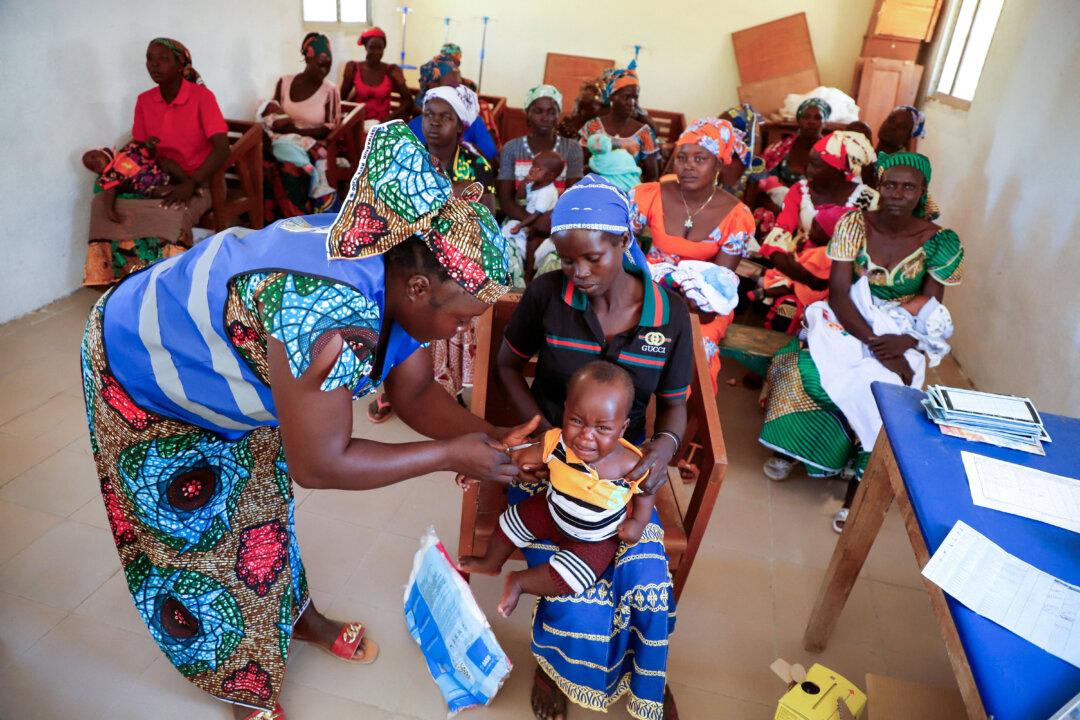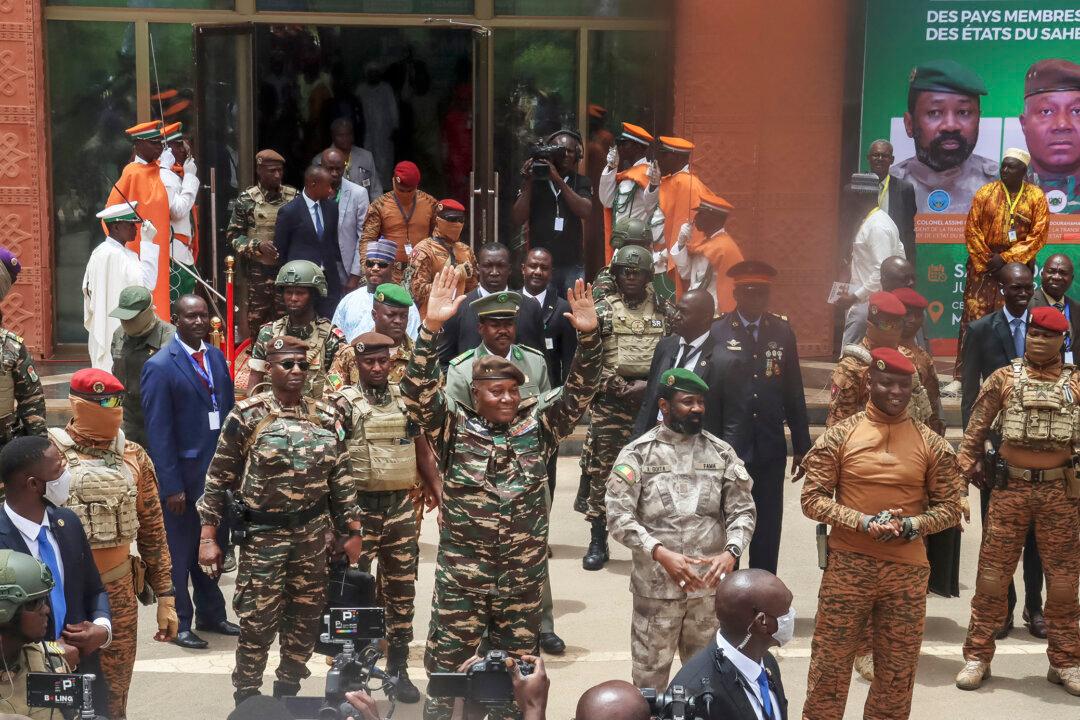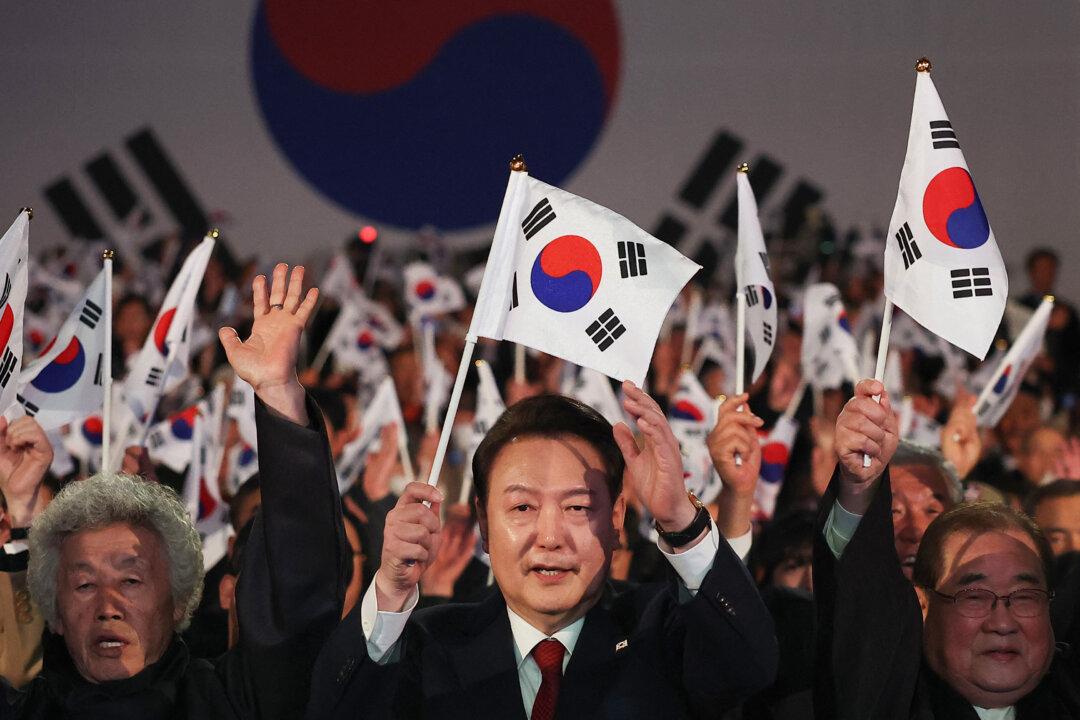There has been a new grim twist in the protracted civil war between the Sudanese Armed Forces (SAF) and the paramilitary Rapid Support Forces (RSF)—after two rebel groups decided to join the army to fight the RSF.
Last week’s move by the Justice and Equality Movement (JEM) and the Sudanese Liberation Movement (SLM) came after the RSF made major gains in the rebel groups’ support base in Darfur.





